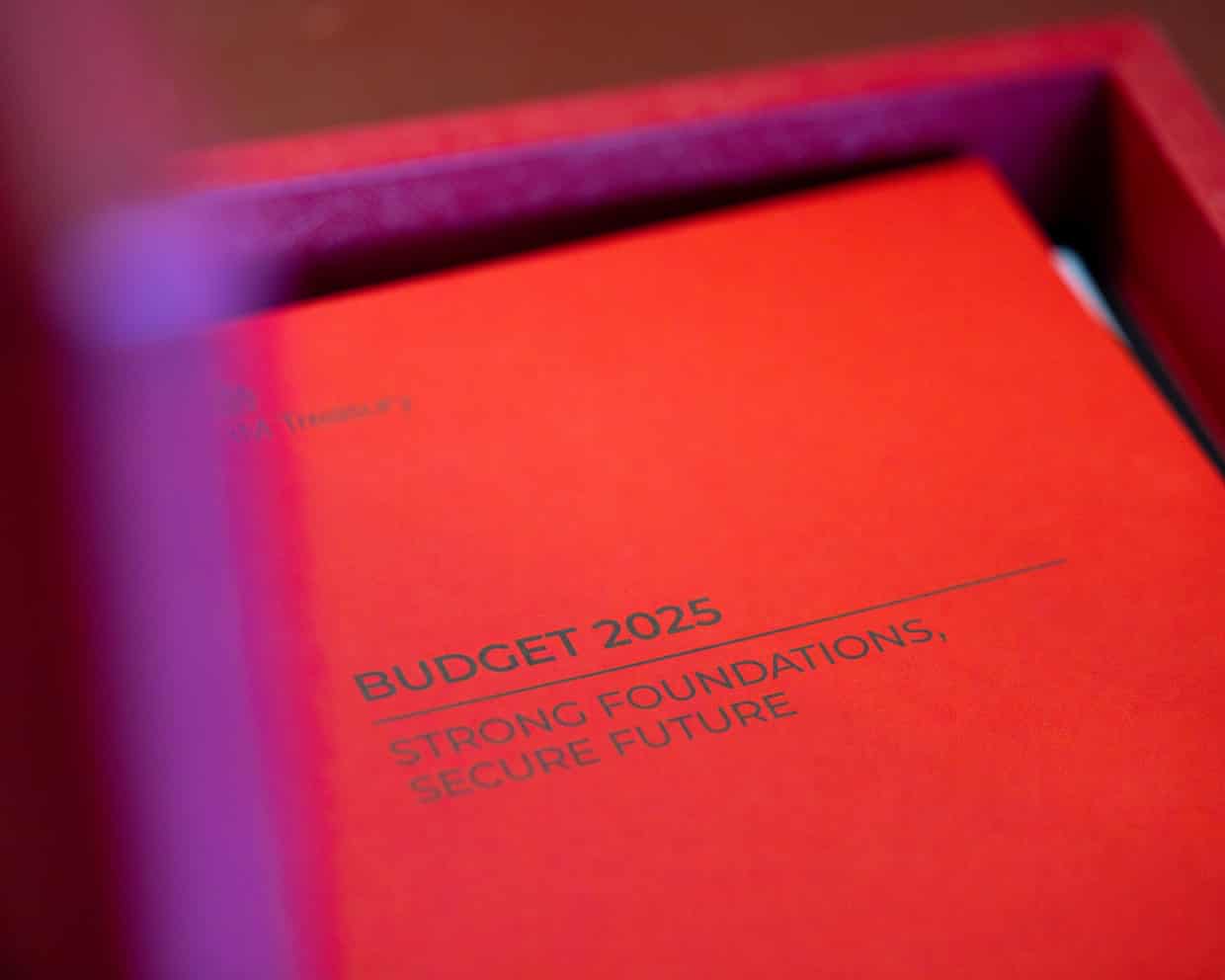England plan extra training sessions in wake of howling first Ashes Test defeat

A week of inactivity for England’s cricketers will end on Saturday following confirmation of additional training sessions having been scheduled in the wake of their howling eight-wicket defeat to Australia in the first Ashes Test.As reported by the Guardian on Monday, head coach Brendon McCullum has booked extra time in the nets ahead of the day-night second Test that starts in Brisbane on 4 December rather than send any first team players to the two-day England Lions match in Canberra this weekend.The first session takes place at Allan Border Field on Saturday morning, before switching to the facilities at the Gabba from Sunday onwards.Two of the sessions – Monday and Wednesday – will take place after dark so players can get used to seeing the pink Kookaburra ball under lights.It represents a break from England’s usual pattern of training three days before a Test match.
But as well as the vagaries of floodlit cricket, it will also allow players to acclimatise to playing in the increased humidity of Brisbane that has seen a number of electrical storms hit the city in the past week,The challenge may also increase with regards to their opponents amid a growing expectation that Pat Cummins will be added to Australia’s squad when it is named on Friday,Cummins has not played since July after the detection of a lower back “hotspot” but trained with his teammates before Perth and has since been seen bowling with a pink ball in Sydney,One-nil up in the series, and with England having not won at the Gabba since the victorious 1986-87 tour, the hosts may yet hold Cummins until the third Test in Adelaide,Australia’s regular captain may well be the only addition to the group, albeit with Usman Khawaja still needing to prove his fitness following the back spasms that blighted his outing in Perth.

Europe loosens reins on AI – and US takes them off
Hello, and welcome to TechScape. I’m your host, Blake Montgomery, writing to you from an American grocery store, where I’m planning my Thanksgiving pies.In tech, the European Union is deregulating artificial intelligence; the United States is going even further. The AI bubble has not popped, thanks to Nvidia’s astronomical quarterly earnings, but fears persist. And Meta has avoided a breakup for a similar reason as Google

Macquarie Dictionary announces ‘AI slop’ as its word of the year, beating out Ozempic face
AI slop is here, it’s ubiquitous, it’s being used by the US president, Donald Trump, and now, it’s the word of the year.The Macquarie Dictionary dubbed the term the epitome of 2025 linguistics, with a committee of word experts saying the outcome embodies the word of the year’s general theme of reflecting “a major aspect of society or societal change throughout the year”.“We understand now in 2025 what we mean by slop – AI generated slop, which lacks meaningful content or use,” the committee said in a statement announcing its decision.“While in recent years we’ve learnt to become search engineers to find meaningful information, we now need to become prompt engineers in order to wade through the AI slop. Slop in this sense will be a robust addition to English for years to come

AI could replace 3m low-skilled jobs in the UK by 2035, research finds
Up to 3m low-skilled jobs could disappear in the UK by 2035 because of automation and AI, according to a report by a leading educational research charity.The jobs most at risk are those in occupations such as trades, machine operations and administrative roles, the National Foundation for Educational Research (NFER) said.Highly skilled professionals, on the other hand, were forecast to be more in demand as AI and technological advances increase workloads “at least in the short to medium term”. Overall, the report expects the UK economy to add 2.3m jobs by 2035, but unevenly distributed

‘It’s hell for us here’: Mumbai families suffer as datacentres keep the city hooked on coal
As Mumbai sees increased energy demand from new datacenters, particularly from Amazon, the filthiest neighbourhood in one of India’s largest cities must keep its major coal plantsEach day, Kiran Kasbe drives a rickshaw taxi through his home neighbourhood of Mahul on Mumbai’s eastern seafront, down streets lined with stalls selling tomatoes, bottle gourds and aubergines–and, frequently, through thick smog.Earlier this year, doctors found three tumours in his 54-year-old mother’s brain. It’s not clear exactly what caused her cancer. But people who live near coal plants are much more likely to develop the illness, studies show, and the residents of Mahul live a few hundred metres down the road from one.Mahul’s air is famously dirty

One in four unconcerned by sexual deepfakes created without consent, survey finds
One in four people think there is nothing wrong with creating and sharing sexual deepfakes, or they feel neutral about it, even when the person depicted has not consented, according to a police-commissioned survey.The findings prompted a senior police officer to warn that the use of AI is accelerating an epidemic in violence against women and girls (VAWG), and that technology companies are complicit in this abuse.The survey of 1,700 people commissioned by the office of the police chief scientific adviser found 13% felt there was nothing wrong with creating and sharing sexual or intimate deepfakes – digitally altered content made using AI without consent.A further 12% felt neutral about the moral and legal acceptability of making and sharing such deepfakes.Det Ch Supt Claire Hammond, from the national centre for VAWG and public protection, reminded the public that “sharing intimate images of someone without their consent, whether they are real images or not, is deeply violating”

Can’t tech a joke: AI does not understand puns, study finds
Comedians who rely on clever wordplay and writers of witty headlines can rest a little easier, for the moment at least, research on AI suggests.Experts from universities in the UK and Italy have been investigating whether large language models (LLMs) understand puns – and found them wanting.The team from Cardiff University, in south Wales, and Ca’ Foscari University of Venice concluded that LLMs were able to spot the structure of a pun but did not really get the joke.An example they tested was: “I used to be a comedian, but my life became a joke.” If they replaced this with: “I used to be a comedian, but my life became chaotic,” LLMs still tended to perceive the presence of a pun

OBR chair ‘mortified’ by budget leak as ex-cybersecurity chief called in to investigate

US banks announce UK expansion projects hours after budget

New rules crack down on high risk loans as Australian property market heats up

Gopichand Hinduja obituary

Relief for retailers as business rate changes in budget not as bad as feared

Labour is still in a muddle on North Sea oil and gas | Nils Pratley